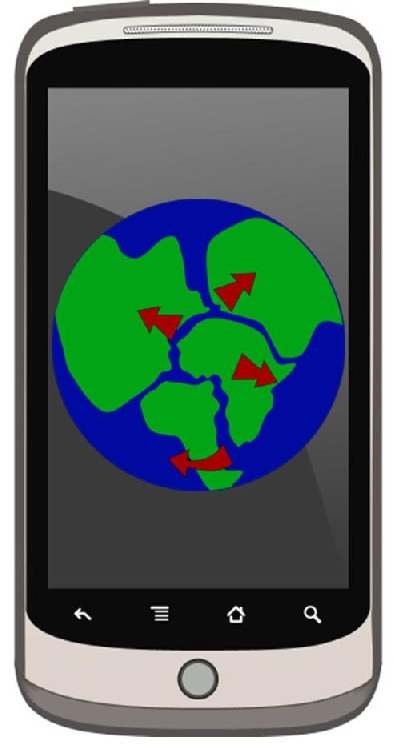 The new satID GeoSim is a first in the industry for state of the art tech.
The new satID GeoSim is a first in the industry for state of the art tech.
The latest release from Kratos Defense & Security Solutions, Inc. a leading provider of National Security Solutions has unveiled its new state of the art Geolocation technology that will be used for everything from commercial purposes to military functions.
This is a first of its kind test and training system designed for satellite operators for aggressive performance protection.
This geolocation technology is unlike any other that is currently available as is preserves the function and performance of vital commercial and military SATCOM. satID GeoSim generates the Radio Frequency (RF) signals that happen when interference such as hostile jamming is discovered by satellites.
This new geolocation tech can be integrated with the RF interference management products currently leading the industry.
Those products are from SAT, a subsidiary of Kratos. However, the geolocation also works for interference monitoring through Monics. The satID GeoSims works by sending actual signals that would represent any worldwide locations on the gorund, satellite combination or pattern, RF bands, and global reference emitter locations for training and testing purposes.
This way, geolocation pros are capable of using the technology to train at any time and in any place without having to wait for an actual interference to happen. This type of capability provides the technology with the ability to provide professionals with the chance to improve their knowledge and techniques. The outcome is that the trained individuals are capable of mastering more accurate and faster detection, location, diagnosis, and mitigation of link interference through SATCOM.
According to the RT Logic business area manager, Steve Williams, “Our dependence on military and commercial SATCOM for mission-critical communications and data transport has never been higher.” He went on to say that this new product is a cost effective and powerful opportunity for training operators for improved interference management overall, from the point of detection to removal.
The company explained in a press release that the geolocation tech is based on the simulated precision channel technology from RT Logic. It provides operators with significant flexibility and capability for both testing and training purposes with the potential to considerably improve outcomes.

 Real time information about consumer location are playing a larger part in advertising over smartphones.
Real time information about consumer location are playing a larger part in advertising over smartphones.